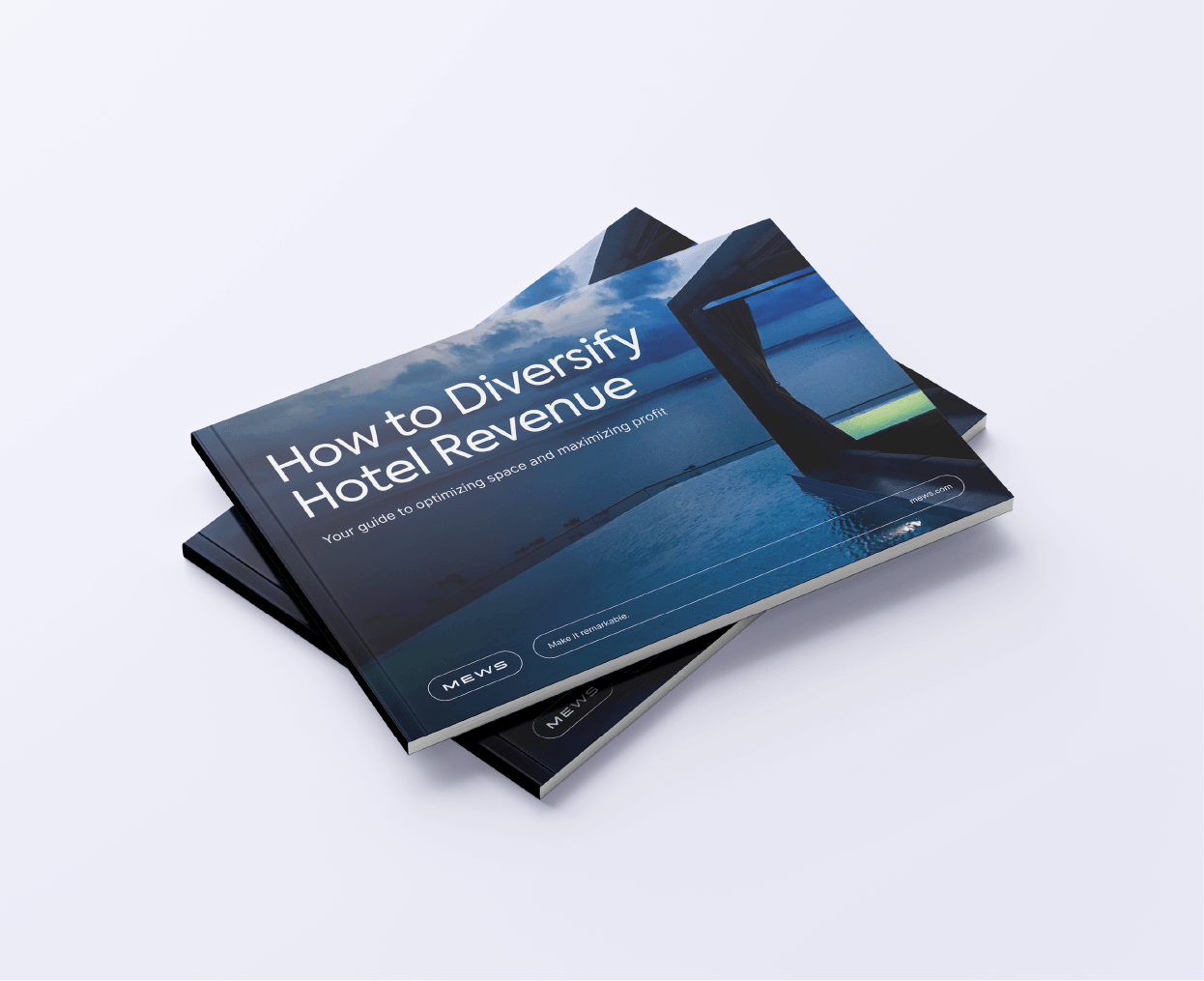Are you concerned about a loss of potential revenue? Given the extremely high operating costs and overheads, hotels constantly worry about generating enough revenue to cover expenses. We'll help you understand the causes so that you can take the necessary precautions to mitigate future revenue losses.
Hotel demand is correlated with wars, pandemics, inflation, and geopolitics. To ensure consistent occupancy rates and profitability, hotels must have a flexible revenue management strategy and adapt to market conditions with dynamic pricing. Let's investigate why your hotel may be losing revenue and what you can do to maximize it.
Table of contents
6 reasons your hotel is losing revenue
So, why is your hotel losing revenue? Firstly, global travel stopped entirely due to the COVID-19 pandemic. Then came the war in Ukraine, followed by a spike in oil prices that impacted the price of consumer goods and airline tickets.
By the time the world started opening up, inflation had reached concerning levels. All these factors affected hotel demand, contributing to revenue loss. That's when hoteliers discovered the power of revenue management for maximizing profits and optimizing inventories.
1. Geopolitics and world events
Wars, inflation, post-pandemic revenge travel and major events like the World Cup directly affect room rates and profitability. The war in Ukraine has strained supply chains, driving up food prices and energy costs, which all have a trickle-down effect on hotel pricing.
Can you do anything to mitigate the effects of geopolitics and world events on your hotel? Unfortunately, these factors are external to your hotel. What you can do is embrace a robust revenue management strategy that allows you to capture business whenever possible and boost profitability.
2. Global warming
Climate change can also impact hotel revenue. Extreme weather conditions can lead to fewer visitors and lower room rates, decreasing your revenue and profit. Prolonged heat waves, unexpected cold fronts and limited water supply due to draughts negatively affect demand. Energy costs will also rise as you use more heating and cooling in hotel rooms.
The only way to mitigate revenue loss is to go eco-friendly. Here are a few ideas: make your installations more weather-proof, use living roofs and vertical gardens to cool the building naturally and install energy-efficient tech.
3. The rise of virtual meetings
With the rise of Zoom and other videoconferencing technologies, one of the most profitable segments of the hotel industry (meetings and events) has dwindled. Not all is lost, though – hoteliers are relying on smart tech to increase revenue from hotel meetings.

4. Rising labor costs and hotel staff shortages
Post-pandemic staffing shortages and rising labor costs are also affecting revenue. In response, hotels have had to offer higher wages to fill vacancies and entice professionals to return to the hospitality industry. To prevent rates from going sky-high, hoteliers absorbed some of the costs and cut back on margins, contributing to revenue loss.
5. Deteriorating installations
Renovations cost money, but letting your installations deteriorate also cuts into profits. Having a presentable hotel with up-to-date installations is crucial for brand perception and the guest experience, so you should never disregard the maintenance of your hotel.
Revenue loss from doors and windows that aren't energy efficient can also be significant. Replacing them costs a lot, but you will save money on energy in the long run. Plus, being energy efficient and eco-friendly enhances your brand identity and can draw more guests.
6. Poor pricing strategies
Poor pricing strategies are one of the biggest culprits for revenue loss. Yield management – selling your hotel rooms at the right price at the right time to the right customer – is one of the most important things for revenue managers to do. However, inaccurately predicting demand can generate a lot of loss, which is why rate management software is indispensable for hoteliers.
Using software, you can better predict demand and leverage automation to help you optimize prices despite market conditions. It lets you design and customize hotel rates, create rate dependencies to deliver growth and prevent revenue leakages. Plus, you'll have access to revenue management integrations that drive growth instead of loss.
Conclusion
Compensating for revenue loss while trying to optimize prices and rates is on every hotelier's to-do list. With a clear idea of why your hotel revenue's going down, you can prepare, prevent and better detect sources of loss before they affect your hotel's profitability.
The better you compensate for market conditions in your pricing strategy, the easier it is for your hotel to stay strong and competitive regardless of the external circumstances. Leverage revenue management as the key to profitability and preventing revenue loss.
Looking for more ways to grow your revenue?
Download our guide "How to Diversify Hotel Revenue"


2026 Hospitality Industry Outlook
Download now
Table of contents
Hospitality hot takes straight to your inbox



.webp)